British Values, KITE Values and Protected Characteristics
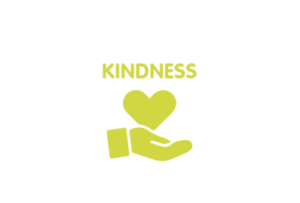

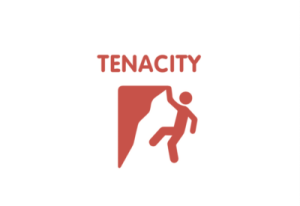

Within our school, British Values pervade much of what do on a daily basis, largely through what could be deemed the ‘hidden curriculum’. This is where the school’s ethos influences more abstract areas of personal development such as forming and maintain relationships, self-esteem and patterns of behaviour – all of which are considered crucial to prepare our children for life in modern Britain.
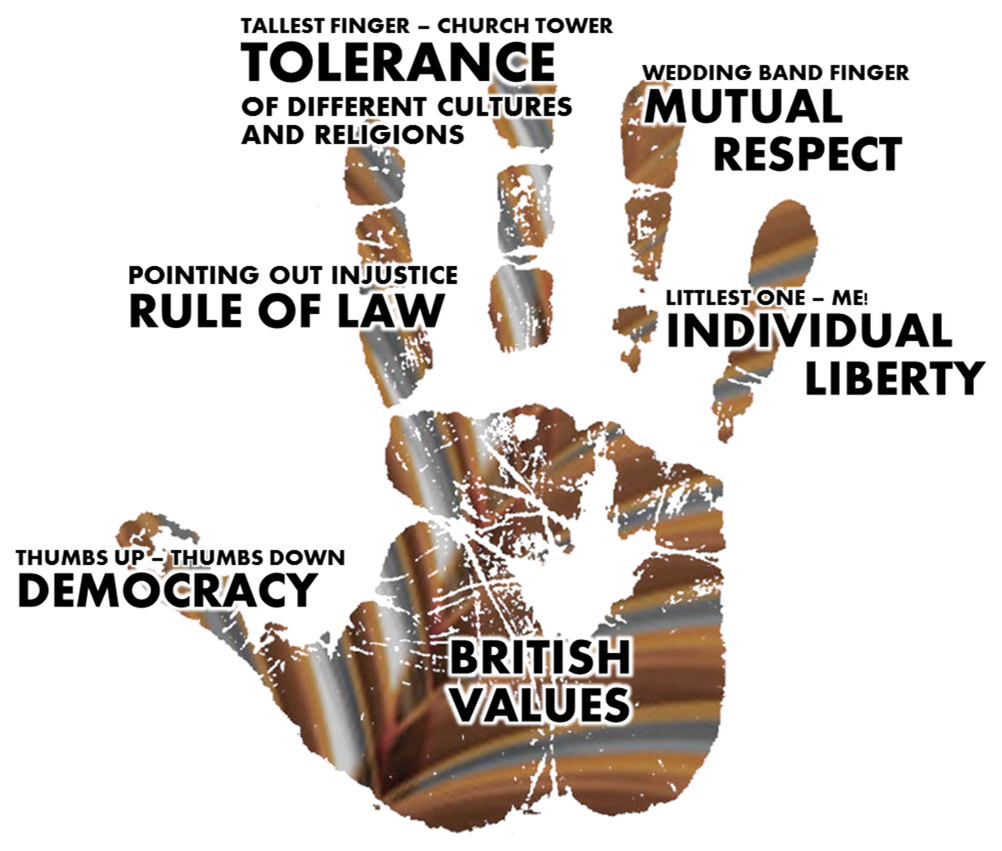
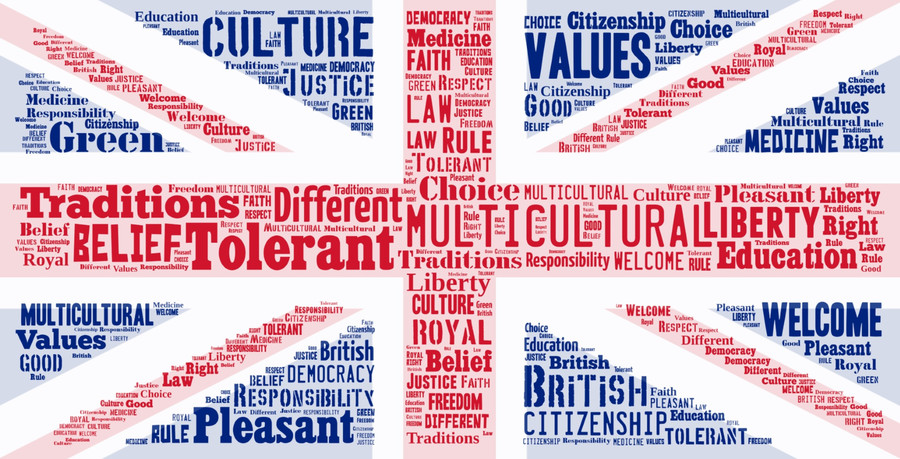
At Bowling Green Academy, we recognise the importance of teaching our pupils mutual respect for those of different or of no faith, and the shared values of Christianity and other major world faiths.
Our Religious Education programme includes the Calderdale/Kirklees agreed syllabus and focuses on the three faiths of Christianity, Islam and Judaism.
Click on the dropdown links below to find out more about British Values at Bowling Green Academy:
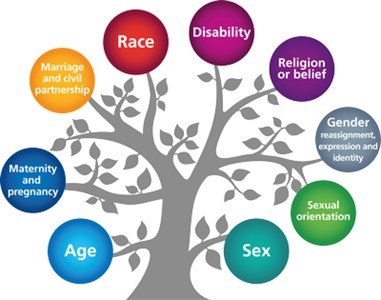
Protected Characteristics
The Equality Act became law in 2010. It covers everyone in Britain and protects people from discrimination, harassment and victimisation. Everyone in Britain is protected. This is because the Equality Act protects people against discrimination because of the protected characteristics that we all have. Under the Equality Act, there are nine Protected Characteristics:
- Age
- Disability
- Gender reassignment
- Race
- Religion or belief
- Marriage or civil partnership
- Sex
- Sexual orientation
- Pregnancy and maternity
The 9 Protected Characteristics are actively promoted in school through:
- Our school vision and KITE Values
- Our Positive Behaviour Policy
- Conscious role-modelling by all adults in the school community
- Active engagement and communication with parents and carers
- Assemblies
- British Values themes, focuses and books
- Discussion within curriculum subjects
- Promoting articulation by building appropriate language and a coherent vocabulary
- PSHE lessons
- RE lessons
- Sporting, Art and Cultural Events
- Pupil Voice
- Educational visits
- Real-life learning outside the classroom
- Visitors to school
- Developing links with local, national and international communities
- Extra-curricular activities, after-school clubs, charity work and work within the local community.
Embedding Protected Characteristics at Bowling Green Academy promotes:
- Self-esteem, self-knowledge and self-confidence
- Respect for democracy and support for participation in the democratic process
- Acceptance of responsibility for their own behaviour
- Respect for their own and other cultures
- Understanding of how children can contribute positively to school and home life and to the lives of those living and working in the locality and further afield
- An understanding of equality, human rights and Protected Characteristics
- An understanding of how citizens can influence decision-making through the democratic process
- An appreciation that living under the rule of law protects individual citizens and is essential for their wellbeing and safety
- An understanding that the freedom to choose and hold other faiths and beliefs is protected in law
- An acceptance that other people having different faiths or beliefs to oneself (or having none) should be accepted and tolerated, and should not be the cause of prejudicial or discriminatory behaviour
- An understanding of the importance of identifying and combating discrimination.
We are a Picture News Advocate School, which means we recognise current world events in our weekly assemblies across school, as well as highlighting British Values and the UN convention Rights of the Child (UNCRC).
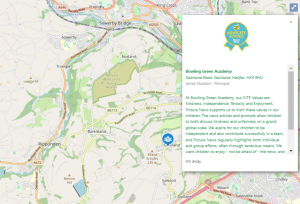
As well as our Picture News ‘current affairs’ assemblies, we have Celebration Assemblies and singing assemblies led by Calderdale Music Trust, too. We also have an annual rota of planned assemblies, which are delivered by teachers, leaders and visitors in school. Assemblies are age-appropriate and often led through a text.
During Autumn term, all our children have taken part in planned assemblies on issues as varied as poetry, democracy, Recycling Week, Yom Kippur, Black History Month, Remembrance Day, Anti-Bullying Week, Money, Advent and Christmas.
During Spring term, all our children have taken part in planned assemblies on issues as varied as New Year’s Resolutions, Chinese New Year, Children’s Mental Health Week, Neurodiversity, Water Safety, LGBT History Month, Safer Internet Day, Lent and Easter.
In spring term, our planned assemblies are about: inspirational people, such as Nick Vukicic (11.1), Oprah Winfrey (25.1), Alan Turing (29.2), Stephen Hawking (7.3) and Benjamin Zephaniah (21.3). Children will also participate in assemblies about Martin Luther King Day, mental health and wellbeing, World Book Day and World Thinking Day.

- Kindness – we are kind to others, prepared for life in modern Britain, kind to ourselves (mental health and wellbeing), and kind to our local area and environment.
- Independence – we are independent learners. Teachers plan excellent learning opportunities for us to develop confidence in key skills and to be ready for the next stage in our education. We are well-equipped to contribute successfully during teamwork activities.
- Tenacity – we are building resilience and ‘growth mindset’ by welcoming challenge, not giving up, learning from our mistakes and bouncing back well when faced with difficulties.
- Enjoyment – we enjoy our broad curriculum through well-structured lessons and engaging learning opportunities. We are excited to be at school, and we are proud to share and celebrate our talents.
Our mission statement of ‘Achieving Together’ reinforces this ethos – our aims and values are:
- To provide a safe and secure place to learn.
- To provide a happy, caring and welcoming environment in which all work together.
- To encourage self-esteem, independence and emotional intelligence.
- To provide a variety of fun, stimulating, quality learning experiences which enable all learners to reach their full potential.
- To provide a balanced, broad and differentiated curriculum, which is equally accessible to all, and which encourages learners to develop knowledge, skills and understanding.
- To value and respect all, in our community and beyond.
- To encourage perseverance and a positive attitude to learning.
- To encourage healthy, safe life choices.
- To build strong effective relationships with all in our community.
- To create firm foundations for the future, as individuals and citizens.


